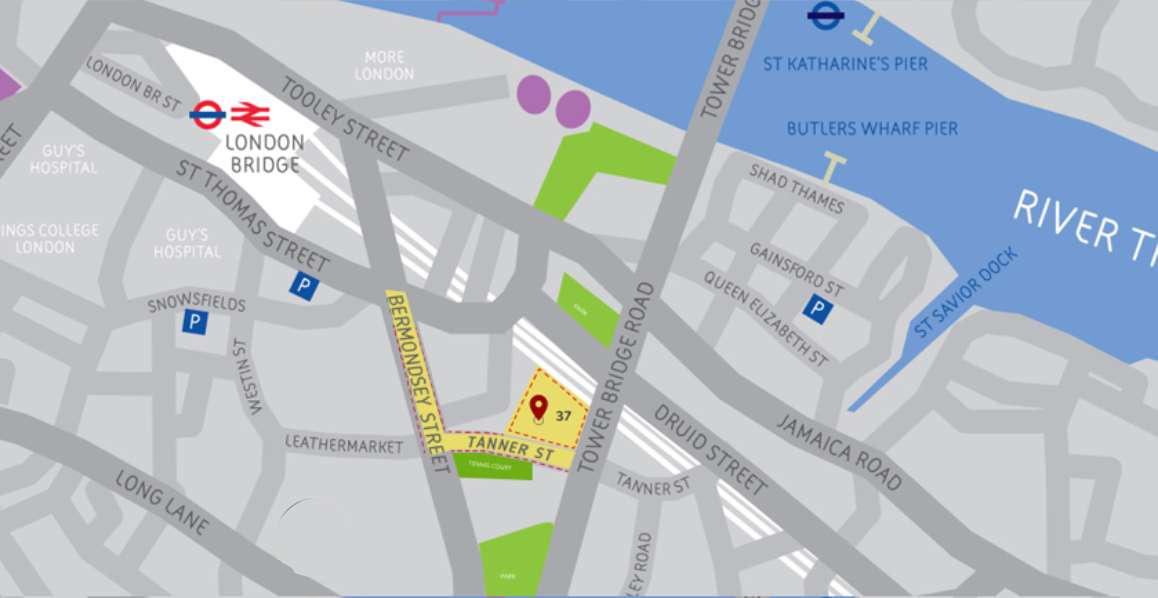In just a few years, flexible workspaces have entirely revolutionised the traditional corporate setup, becoming a fertile ground for innovation, efficiency and collaboration. However, the growth of a flexible workspace culture has increasingly resulted in the disappearance of defined workspace boundaries, leading to conflicts. These disputes, if not handled with proper care and acumen, may lead to shattered morale, tarnished team spirit, and plummeting productivity.
In this context, we bring an insightful guide to how organisations or business owners can manage conflicts – be it in flexible workspaces in London or elsewhere. Read on to find cogent solutions to infuse the workspace with positivity and amicability.
Understanding Conflict Dynamics in a Flexible Workspace Office
Managing Diverse Individuals
- Recognise and value different perspectives, backgrounds, and personalities.
- Develop a deeper understanding of workers’ unique needs and challenges.
- Encourage open dialogue and active listening to bridge differences.
Harmonising Different Approaches
- Embrace various work styles and find common ground.
- Encourage teamwork and compromise to reach mutually beneficial solutions.
- Set clear guidelines and expectations to align diverse approaches.
Resolving Conflicts Over Shared Spaces And Equipment
- Create rules for shared spaces and equipment used to prevent conflicts.
- Implement systems for fair allocation and scheduling of shared resources.
- Provide a structured process to address and resolve conflicts swiftly and impartially.
Strategies For Effective Conflict Resolution
Open Channels of Communication
In a flexible workspace office, open communication is critical to resolving conflicts. Encourage employees to express their concerns and opinions, creating a safe environment where everyone feels heard. Active listening and constructive feedback play a vital role in understanding the root cause of conflicts and finding solutions that satisfy all parties involved.
Nurture Teamwork and Synergy
Building a collaborative culture promotes teamwork and reduces the likelihood of conflicts. Encourage employees to work together towards common goals and appreciate one another’s perspectives and strengths. Likewise, find innovative ways to resolve conflicts by fostering empathy among one another.
Finding Common Ground
Mediation can be a powerful tool for resolving conflicts in a flexible workspace office. Trained mediators can facilitate conversations, helping parties find common ground and reach mutually beneficial solutions. Additionally, conflict coaching can provide individuals with the necessary support and guidance to develop effective conflict-resolution skills.
Establish Clear Guidelines & Boundaries
Clear guidelines and boundaries are crucial for preventing and managing conflicts in a flexible workspace. Clearly defining roles and responsibilities helps minimise misunderstandings and overlapping responsibilities that frequently trigger conflicts.
Aboard The Train Of Creating a Positive Work Environment
- Fostering a Sense of Community: In a flexible workspace, creating a sense of community is essential for building solid relationships and minimising conflicts. Encourage team bonding activities such as team-building exercises, social events, and collaborative projects.
- Professional Growth Opportunities: Providing professional growth opportunities are crucial for employee satisfaction and engagement. Offer training programmes, workshops, and mentorship opportunities to enhance employees’ skills and knowledge. When employees feel supported in their professional growth, they are likelier to stay motivated and engaged, reducing the odds of conflicts with co-workers.
- Regular Evaluation and Adaptation: Regularly evaluating workspace dynamics and adapting to the changing needs of employees is vital for maintaining a positive work environment. Conduct surveys, feedback sessions, and performance reviews to gather insights on employees’ challenges and areas that require improvement. Organisations can demonstrate their commitment to creating a positive and productive work environment by actively addressing concerns and making necessary adjustments.
Garden Office Bermondsey: Why It Is One of the Best Flexible Workspaces in London
Maintaining a flexible workspace is a testament to progress and innovation in the world of work. Notwithstanding their challenges, flexible workspace offices come with numerous advantages. As for the former, they can be mitigated with proactive conflict management strategies, as elucidated above.
Are you ready to elevate your workspace? Look no further than Garden Office Bermondsey, your go-to destination for aesthetic and flexible workspace offices in London. A combination of style and substance, our workspace office in London is designed to inspire creativity and productivity in the workforce. Visit Garden Office Bermondsey today and discover the beauty of our flexible workspaces in London.





